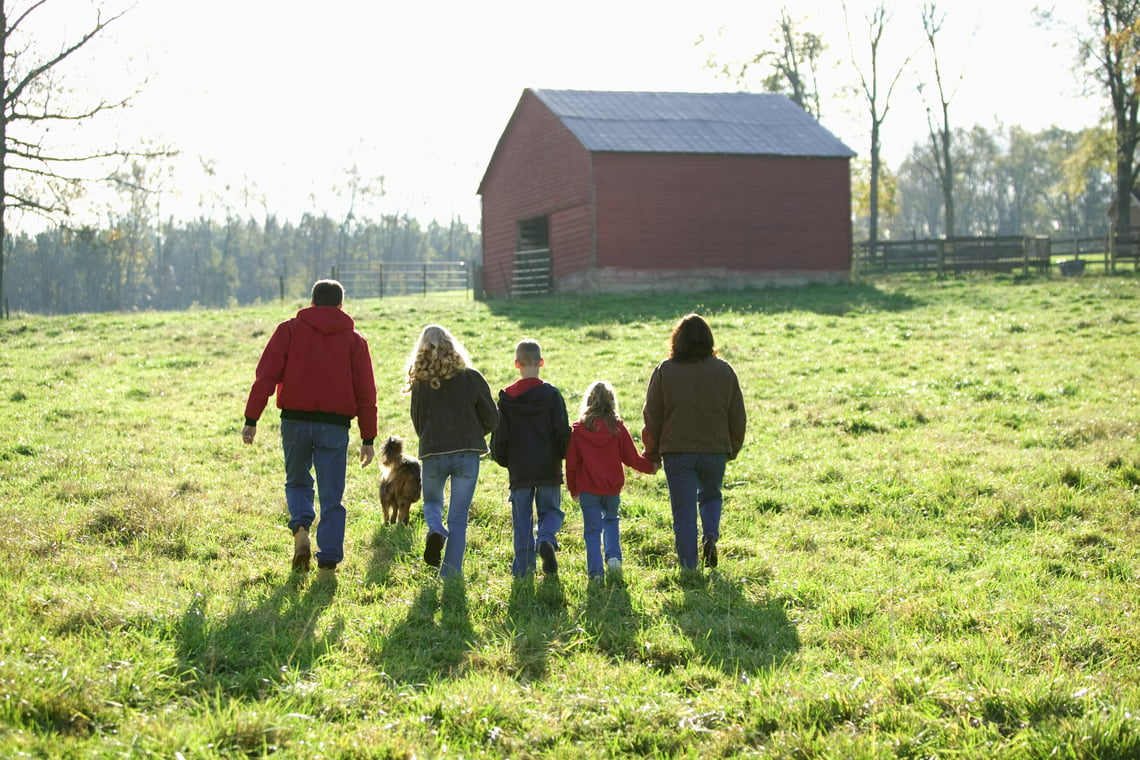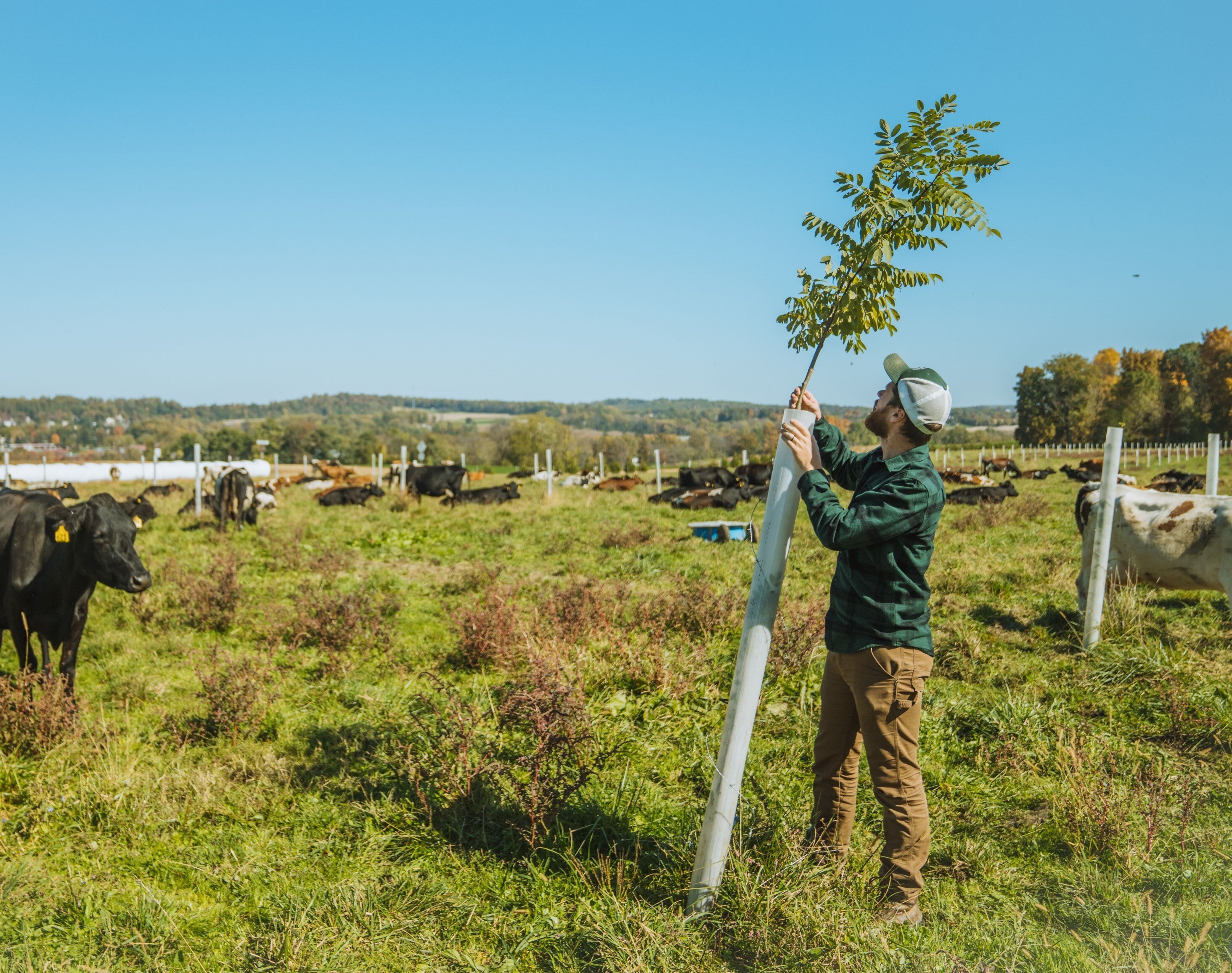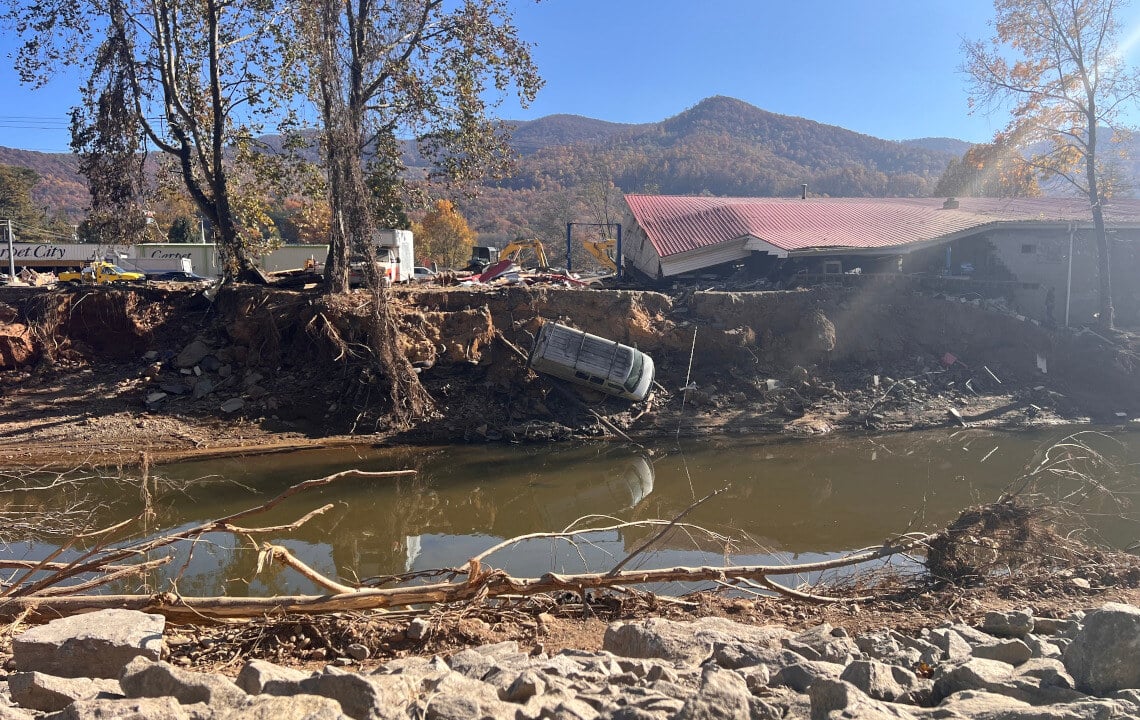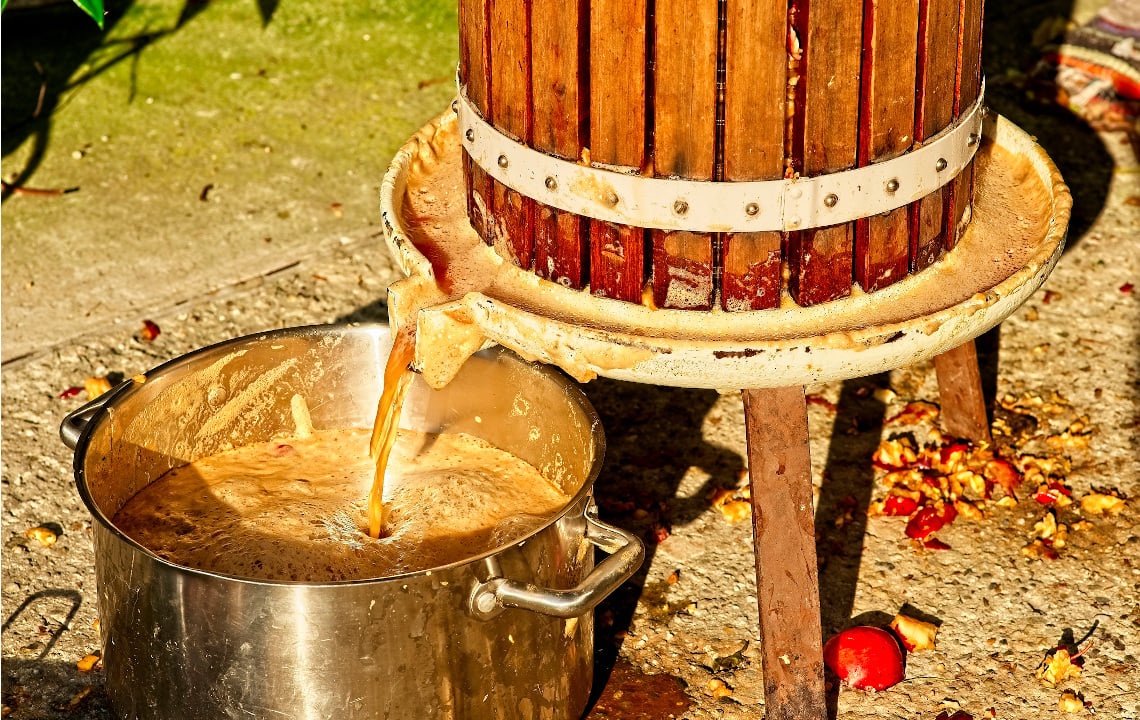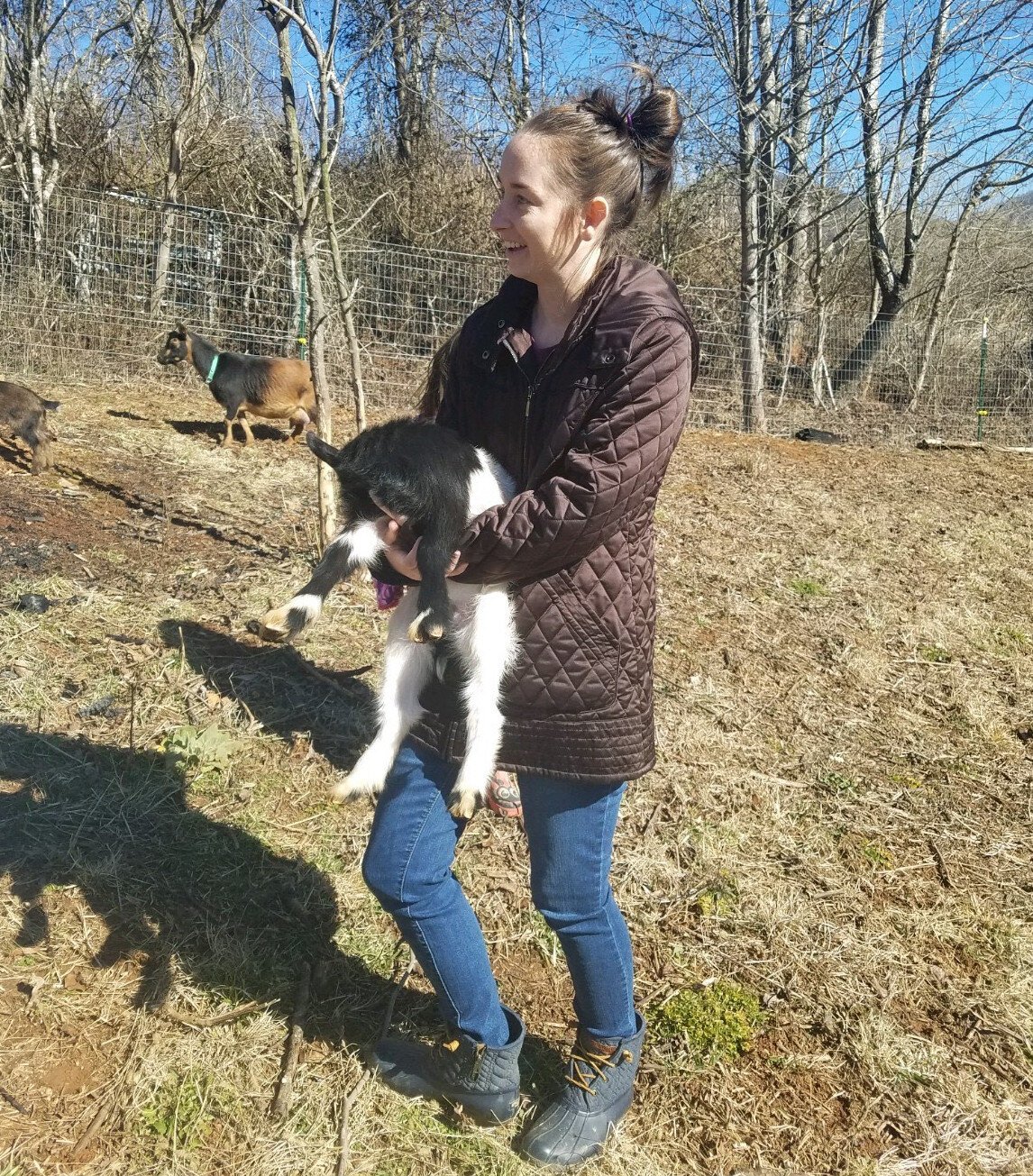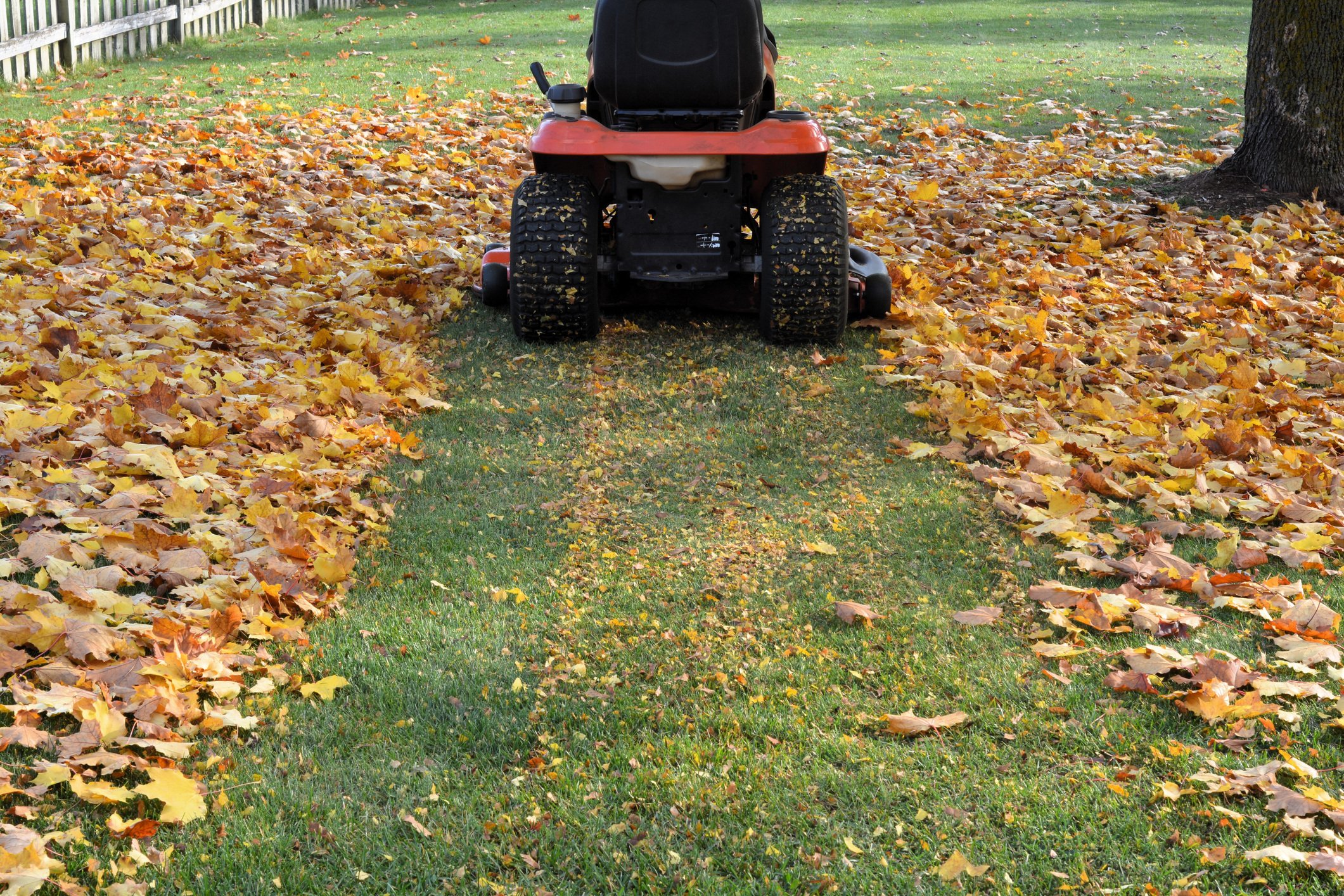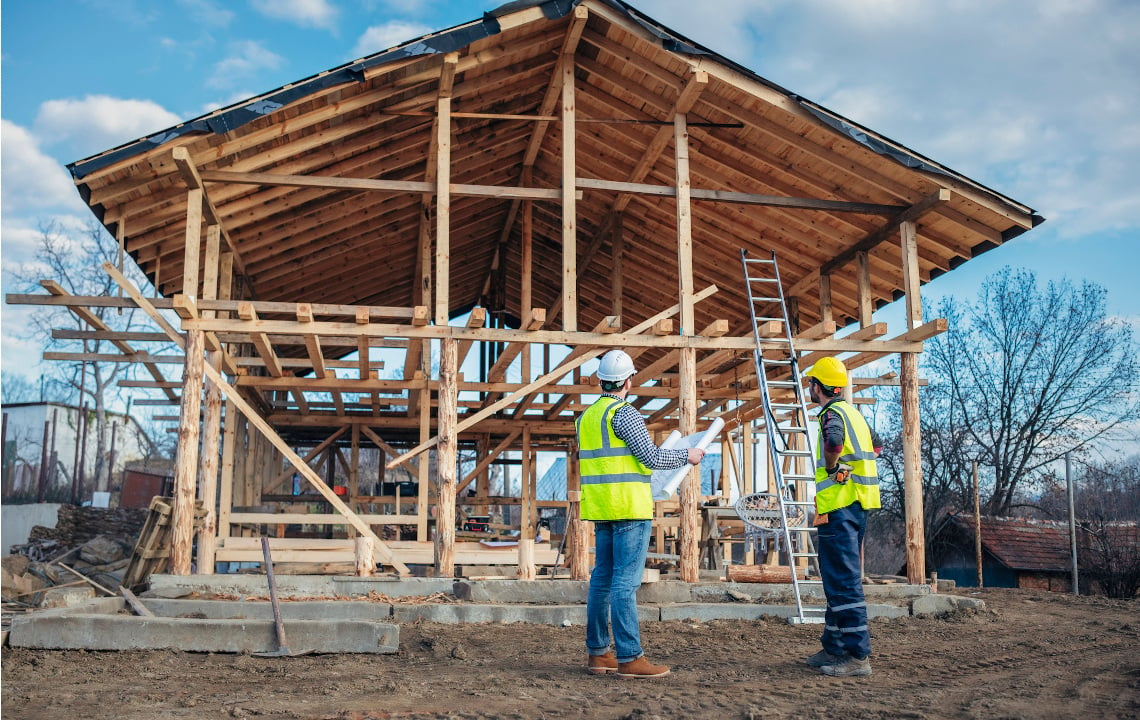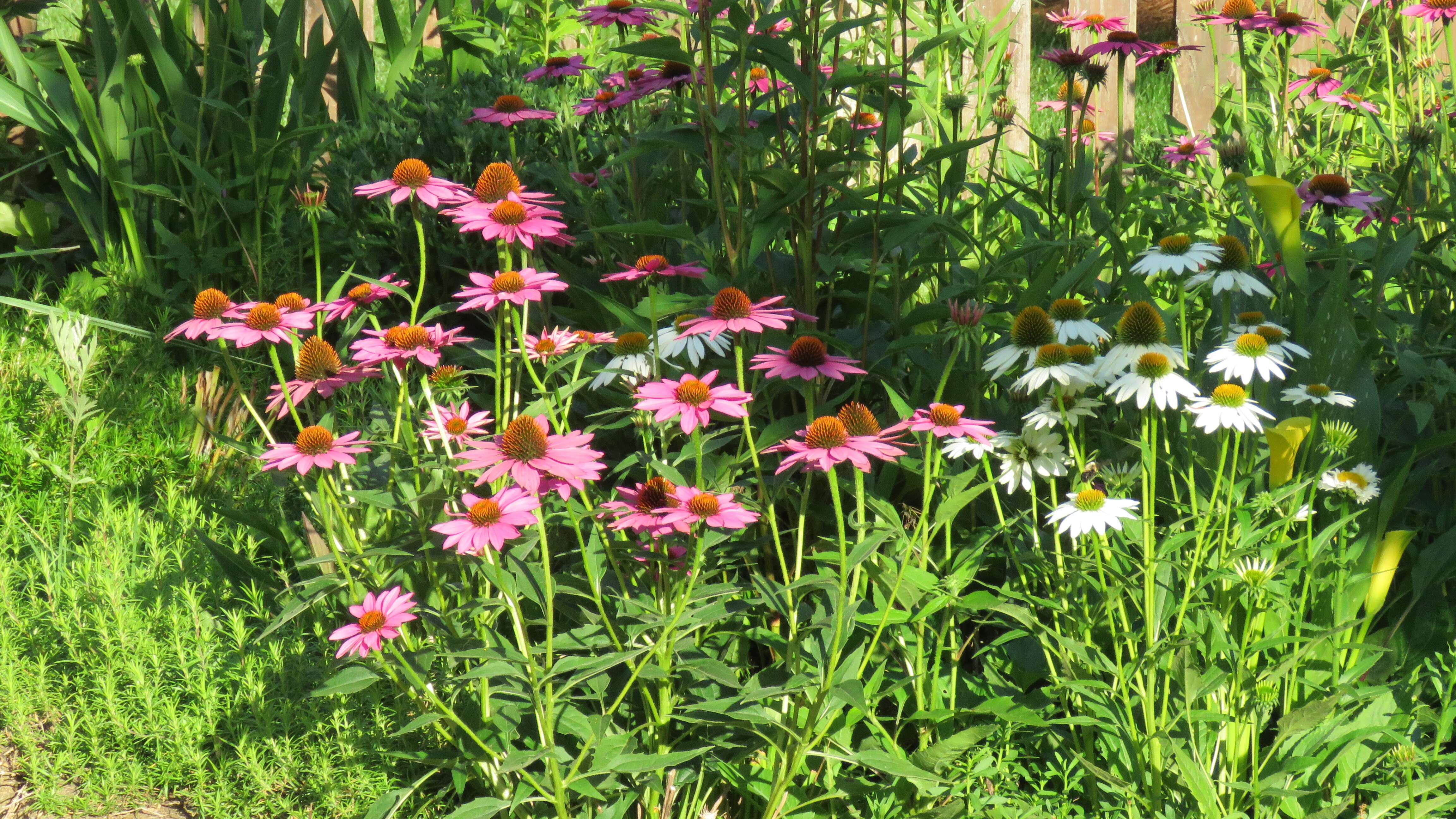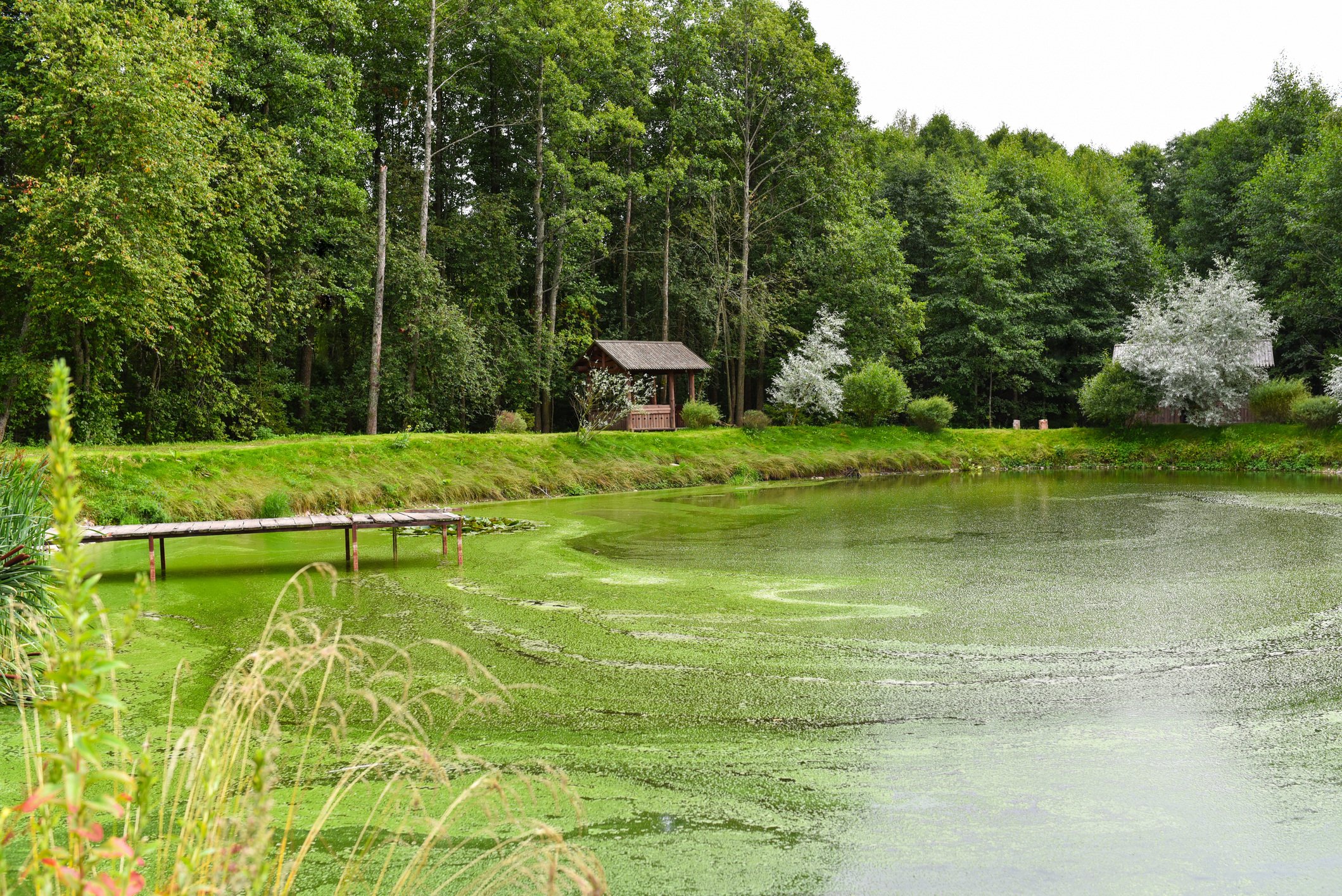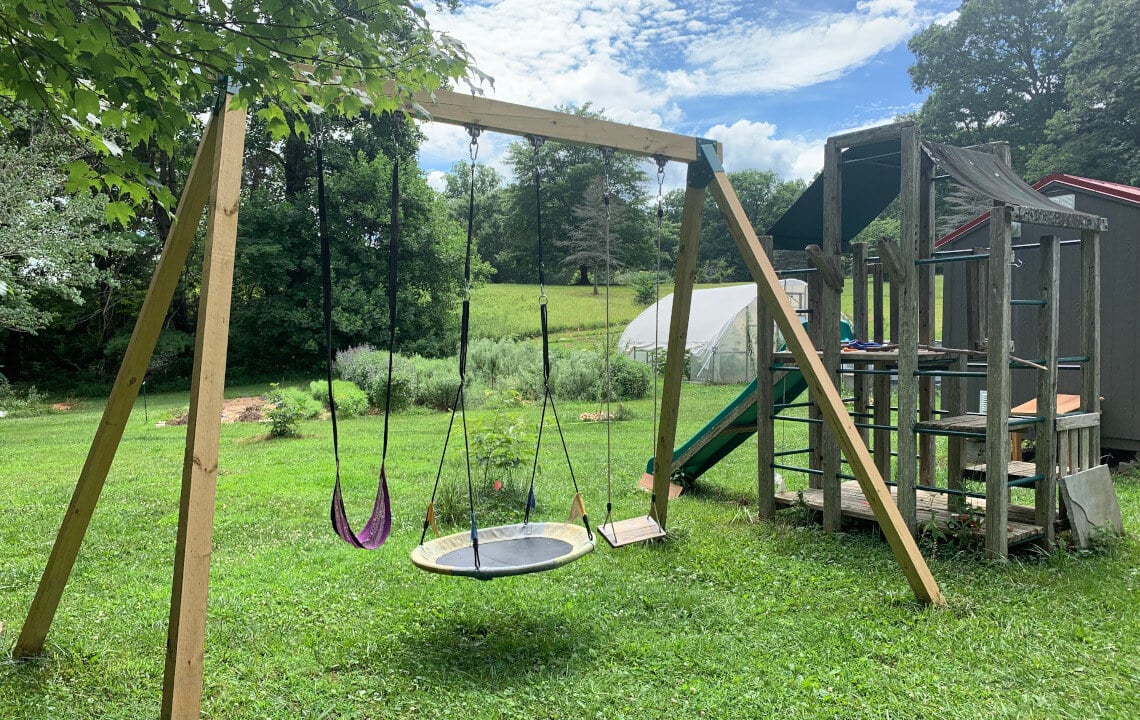In light of recent events, many Americans are considering abandoning big city life for greener country pastures. But how do you get started researching a move to the country? We break it down for you in 7 easy steps.
If you’ve found big city life a little less alluring of late you’re not alone. Recent reports have found that many families, individuals and retirees are seriously considering moving to the country---not only for the sake of their health but to protect the freedoms they hold so dear.
A recent article published in Politco provided a detailed account of why so many people will be migrating to the country in the coming months:
“If you’re going to be regularly quarantined, it might as well be someplace where you can enjoy a nice walk in nature. As Silicon Valley venture capitalist Balaji Srinivasan put it in a pithy tweet, “Sell city, buy country.”
Here at RethinkRural and Raydient Places + Properties, we’re experiencing this first-hand with a marked increase in land sales, inquires and web traffic. And despite the economic freeze, banks are still lending...and with great interest rates.
All of this points to one big opportunity: if you’ve been dreaming about country life---for years or just weeks---there’s never been a better time to make that dream a reality than right now.
Here’s how to get started moving to the country.
Step 1: Get on the same page with your family

This may seem like an obvious first step, but before you invest a ton of time and effort in researching a move, make sure your entire family is on board.
Relocating to the country is a major lifestyle change that will impact everyone, so be sure to explore the pros and cons and go through the planning process together.
At this point, you’ll also want to have a conversation about what type of property you’re looking for (acreage, raw land, a rural neighborhood, etc.). We’ll cover these options more in Step 4, but start thinking about it now.
Need some help convincing your spouse or partner? Check out: 7 Ways to Convince Your Spouse to Go Rural.
Step 2: Determine feasibility based on your job and finances
Just a few short months ago, no one would have imagined that doctors, teachers, lawyers, insurance agents, etc. would ever abandon their offices to work from home.
However, if the recent shelter-in-place orders taught us anything it’s that many jobs can be done just as well from a home office...which gives many Americans a brand new freedom when it comes to choosing a place to live.
Even if your job does require your physical presence, you may be able to get a transfer to a more rural area and/or split your time between the office and home.
If you’re not wed to your job, you could also look for other jobs that can be done remotely such as customer service agent, freelancing, teaching online classes, selling goods on Amazon, etc.
And if you’re planning on purchasing acreage, you could set up a rural business to either supplement your income or replace your current job such as a market garden, greenhouse, Airbnb, pet boarding facility, event facility, etc.
Learn more in: 13 Jobs You Can Do In The Country (That Aren’t Farming).
We’ll talk more about financing rural properties coming up in Step 4.
Step 3: Decide what type of rural land you want (raw land, land with home, acreage, etc.)
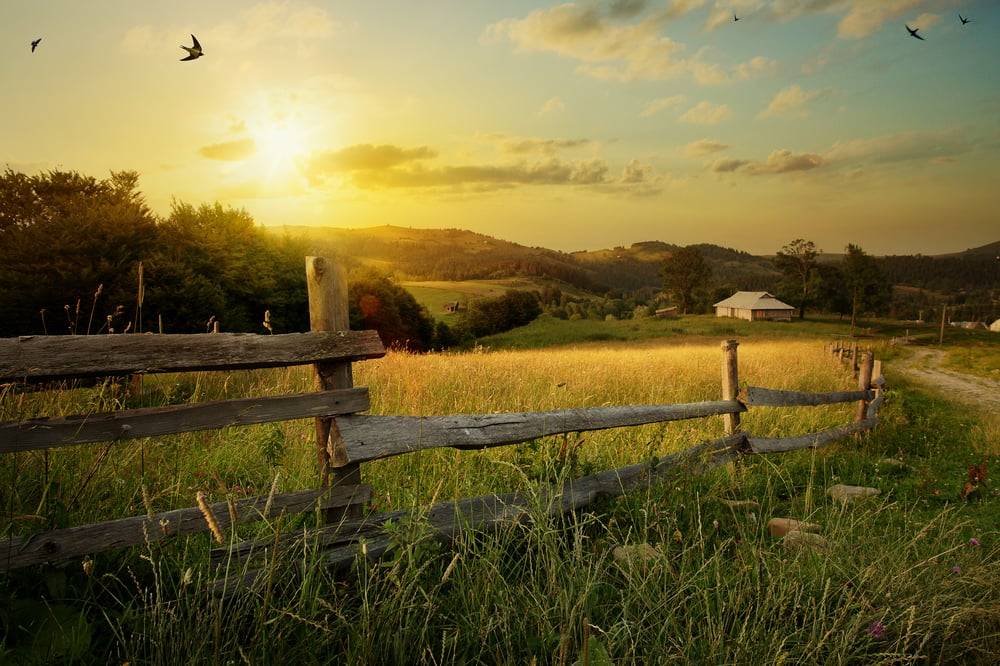
Now that you’ve determined the financial feasibility of moving and started to narrow down your ideal rural area, you’ll want to nail down the type of property you want.
This is important to determine before you start looking because it will help you select the right type of agent to guide you (more on choosing the right agent coming up in Step 6).
Unsure if you want raw or developed land?
If you know you want acreage, the next big question is: do you want land with a house on it or do you want to build your own home?
The main benefits of buying raw land are you can typically buy it cheaper than pre-cleared/developed land, you can choose from a wide variety of different homes to build and you can truly make the property your own.
The benefits of buying land with a house already built is you can move in much faster (unless you want to renovate), there are less decisions to make and financing can be more cut-and-dry.
Discover more about transforming raw land into a homestead in our Making a Homesite article series.
Step 4: Explore financing options
 Unless you're in position to buy a property in cash, you’ll need to know your options when it comes to financing rural properties.
Unless you're in position to buy a property in cash, you’ll need to know your options when it comes to financing rural properties.
If you’re buying a traditional home then traditional financing options are available based on your credit history, down payment, annual income, etc. You may choose to use a local or national bank or ask your agent for a broker referral.
If you’re buying raw land with the intention to build a home or use as a recreational property, your options change a little bit in terms of the types of lending institutions and loans available.
In this case, you’ll either secure a land loan or land/construction loan package. Both require a down payment, which could be as little as 5% or as much as 25-30% depending on the type of property, type of house to be built, your credit, income and the lending institution.
There are also other types of loans available such as owner-financing, lease-to-own and Farm Credit loans (Farm Credit is a national institution that specializes in rural land, home and agricultural loans).
No matter what type of loan you need, now's also a good time to check your credit scores and shore up any issues, assess how much you have for a down payment, and play around with monthly budgeting.
You can compare all types of financing options in: 8 Ways to Finance a Land Purchase: A Look at the Pros and Cons and learn more in our Finance article series.
Step 5: Make a list of all your must-haves in an ideal rural area
This list will be highly individual, but some key things to consider include:
- Distance to the closest city or town—some people want to be out in the middle of nowhere, while others still want easy access to city conveniences. Learn more in: How Far From Civilization Should You Buy Land?
- Employment opportunities—see step 2 above.
- School district/homeschooling community—get a feel for the quality of schools in your desired area by visiting school districts’ websites and searching online for private schools. Or, if you’re not moving far you may be able to take steps to keep your children in their same school. Social media is a great way to connect with the local homeschool scene and co-ops.
- Land and real estate prices—these vary widely depending upon things like location, land use, size and the type of property you want. Check out 15 Ways an Appraiser Determines Land Value to learn more.
- Local healthcare—rural areas often have excellent healthcare options that can save you trip to town. Learn more in: Healthcare in Rural America: Can You Get Good Healthcare in the Country?
- Internet availability—this is less of an issue than it used to be, but it’s something you’ll want to consider, especially if your job requires a large amount of bandwidth. Learn more in: Rural Internet Options: How to Connect in the Country.
- Taxes—county taxes are nearly always cheaper than city taxes, plus tax breaks are available for certain land-uses such as farming, conservation, growing timber, etc.
- Land restrictions—while owning country land typically means more freedom to do what you want, even rural properties can have restrictions on what you can and cannot build, operate, etc. Learn more in: How Covenants, Conditions and Restrictions, Help Protect Your Investment.
- Community—many people love the tight-knit feel and activities of a small town. You can find out more about the local community’s culture and offerings by visiting the Chamber of Commerce, attending local festivals and joining local social media groups.
- Proximity to family and friends.
- Lifestyle and recreation—if you want to start a hobby farm, for example, you may be keen on being close to other farmers. If you love outdoor sports like fishing or boating, close proximity to a body of water may be top of your list. Or if you love eating out, you’ll want to become familiar with the local restaurant scene.
Step 6: Visit some rural places that meet your criteria
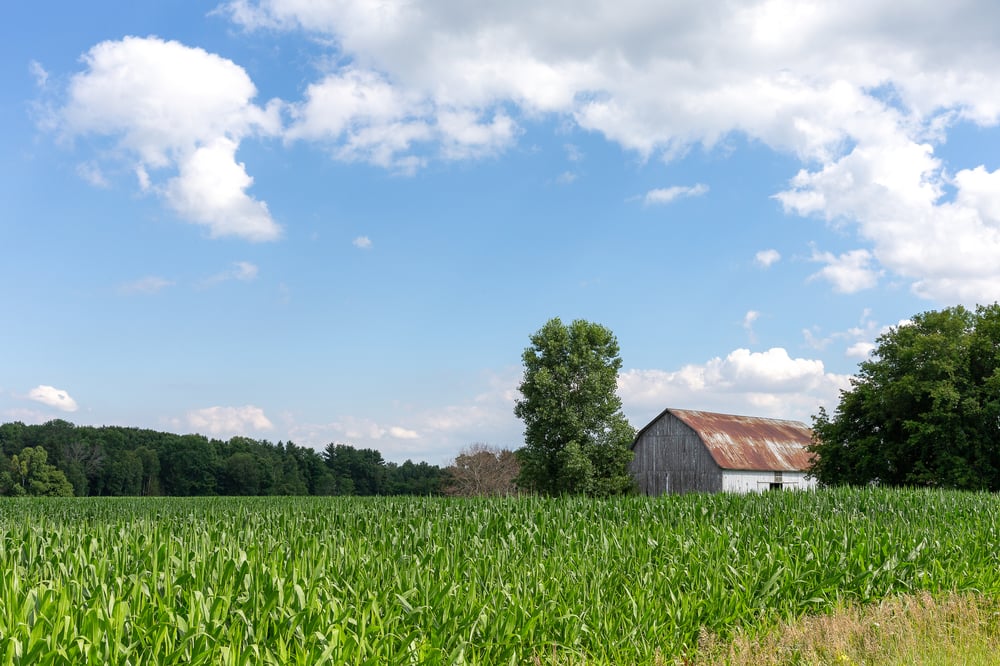
Now that you’ve narrowed down your criteria, it’s time to start visiting some of those rural areas that piqued your interest.
Consider starting out with day trips to get a feel for the local area, but don’t just drive through.
Plan to stop and check out the nearest town, enjoy a picnic at a local park, go hiking, visit the visitor’s center or Chamber of Commerce to pick up a relocation packet, talk to the locals, attend an event and really explore.
This is also a great time to research local real estate agents or land agents and ask about schools, job opportunities, etc.
Again, the Visitor’s Center or local Chamber of Commerce is usually staffed with hometown experts who are happy to help.
After a few day trips, consider taking a weekend or long weekend trip to get to know the area even more. Finding the perfect rural place is definitely worth the time-investment!
Step 7: Find a land agent or realtor and start viewing properties!
We’ve saved this step for second-last because you’ll want to figure out your criteria, the type of property you want and optimal location before hiring an agent.
And hiring the right type of agent is critical when searching for rural property.
For example, residential realtors are perfect for helping you pick out the ideal house in a neighborhood or on a small lot.
However, if you’re interested in acreage (with or without a pre-built house) you’ll definitely want to hire a land agent who will have special training in what to look for (and look out for) with rural properties, including financing.
In other words: the wrong type of agent can cost you big bucks on your property purchase.
Learn all about how to hire the right agent in: Why Hire A Land Agent Rather Than A Residential Realtor.
Ready to get started?
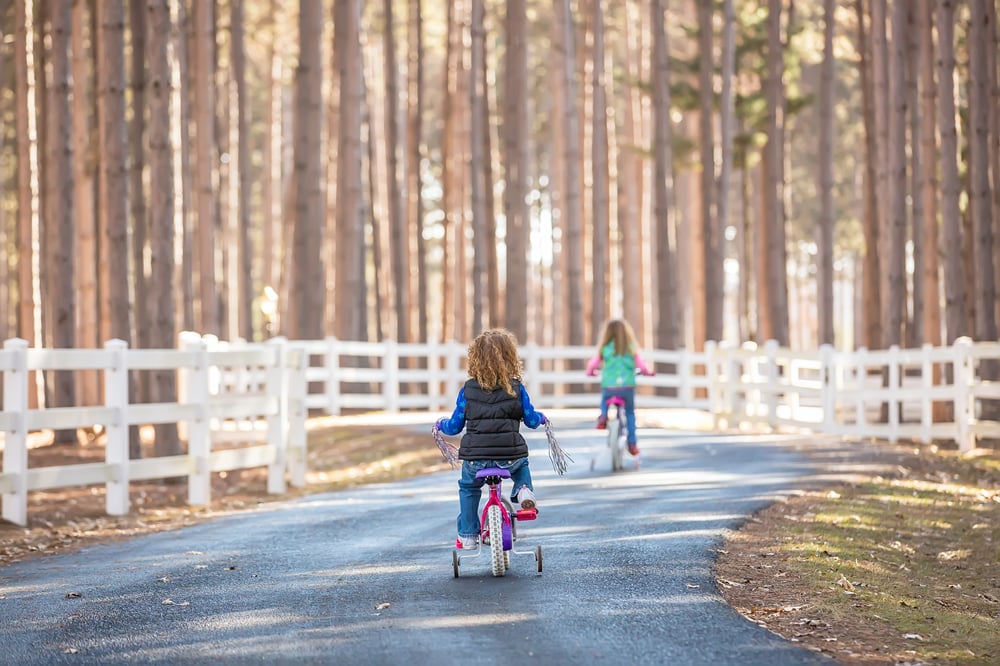
Our sister company, Raydient Places and Properties, has a variety of land tracts for sale in rural places throughout the Southeast.
Looking for more inspiration? Explore our Rural People article series to read the amazing stories of real people who have made the switch to country life. And be sure to browse the rest of our site for helpful information on everything you need to know about going-rural.
Best of luck on your move to the country!
Source: Politico Magazine: How Coronavirus Could Make People Move


